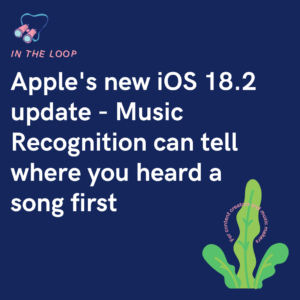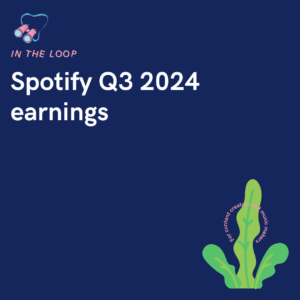You may have heard these terms thrown around, but do you know what they mean? Read on to find out what these two distinct types mean for listeners and artists.
 Interactive streaming
Interactive streaming
Interactive streaming, also known as ‘on-demand’ streaming, allows listeners to consciously pick and choose which songs they want to listen to; songs can be individually selected, skipped and replayed in any way the listener wants. The deliberate ‘interaction’ with the music is what gives interactive streaming it’s name.
Interactive streaming services include Spotify, Apple Music, Deezer, Tidal and more.
 Non-interactive streaming
Non-interactive streaming
Non-interactive streaming, also known as ‘Internet Radio‘, offers radio-style streaming. Listeners can select playlists or stations generated by algorithms that contain songs based on a specific artist, song or genre.
Listeners have little to no interaction with the music and cannot directly select songs, hence the name ‘non-interactive streaming’. This results in a more casual listening experience, where the user is less fussed about specific songs being played.
Non-interactive streaming services include iHeart Radio, Last.FM and SiriusXM.
 What they mean for artists & songwriters
What they mean for artists & songwriters
Both interactive and non-interactive streaming services are required to pay publishing royalties whenever songs are streamed.
If you’re not yet familiar with publishing and who are entitled to publishing royalties, check out our easy-to-read Publishing 101 article.

– Played in shops, hairdressers, garages etc
– Played in bars, cafes, nightclubs, venues etc
– Live performances, DJ sets etc
. Songwriters and artists can collect these performance royalties by signing up their countries’ Performing Royalties Organisation.

In the UK, MCPS (now part of PRS for Music), collects and distributes mechanical royalties to songwriters and artists. Each country has a different way of dealing with mechanical royalties so make sure you’re aware of your countries’ collecting agency and how they operate.





